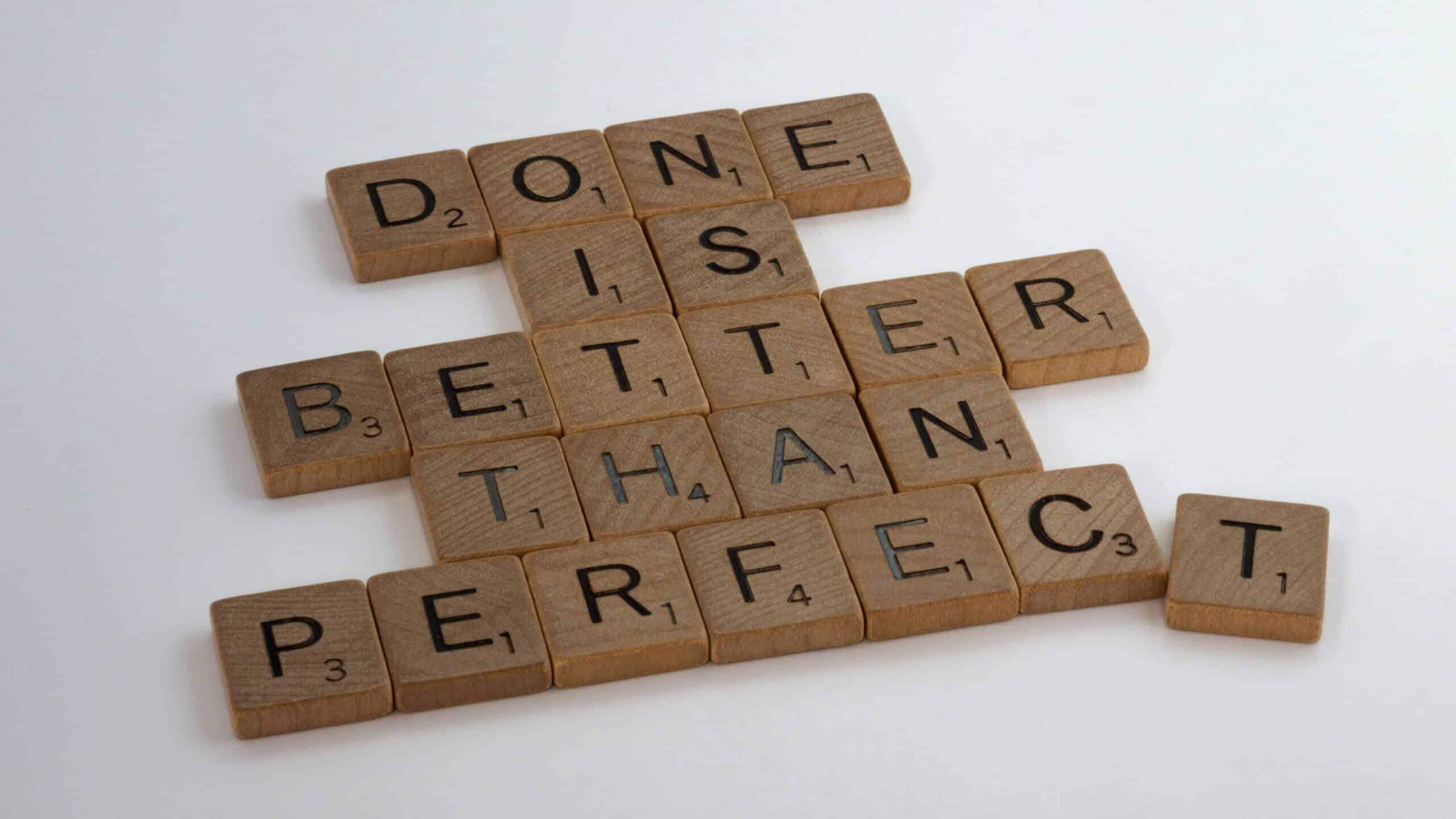Despite the fact that the practice of perfectionism has been said to be a myth by respected scholars and authors, we still strive to attain perfection in our daily lives as professionals. We look countless times to cross the Ts, dot the Is, and make sure that our craft as professionals is without fault. No doubt this is a good venture to pursue, but when it overcomes one’s mind as a professional, it has its adverse effect on productivity and creativity.
Famous American author Julia Cameron explained that “perfectionism is not a quest for the best. It is a pursuit of the worst in ourselves, the part that tells us that nothing we do will ever be good enough – that we should try again”. BrainyQuotes also quoted Geri Halliwell to have said that “perfectionism kills art. I find that if I criticize myself, it spoils the fun. You can get paralyzed by analysis – it takes all the playfulness away”. These views all lead to the adverse effects of perfectionism on productivity and creativity.
Effect of Perfectionism
Talking about the adverse effect of perfectionism, some professionals see it as trying to get laid back and not strive for excellence. Evidently, excellence and perfectionism aren’t in any way the same thing. In fact, excellence should be the hallmark of every professional. Excellence is solely about getting the job done regardless to make it a success while perfectionism is about getting the job done the right way considering if others think it’s the right way.

In a Forbes article titled “Perfection Or Excellence? One Is Myth, And One Is Reality”, Angela Civitella, the CEO and founder of Intinde made a distinction between the two and explained that perfectionism has more to do with how things appear to others and whether they think they’re done right while excellence is about having a reason and a purpose for what you’re doing and being driven by that purpose to achieve results that will ultimately make you succeed. Harriet Braiker, a social and clinical Ph. D. Psychologist is often quoted as having said, “Striving for excellence motivates you; striving for perfection is demoralizing.”
Perfectionism – a time waster?
Undoubtedly, these all show that, for professionals, perfectionism can have an adverse effect on decision-making. In trying to be perfect, one may see different options as “none being right”, one tends to be critical of every piece produced in the creative process even though it’s what the industry standard will commend as a genius work.
More time is consumed on trying to check if there are errors, more exhaustion of physical and mental energy, et cetera. All these in turn lead to burnout which isn’t a good phenomenon in the workplace and in the personal life of professionals. With perfectionism, the “whatever you do can never be enough” feeling will be present. Thus, as professionals, the main goal shouldn’t be perfectionism, it should be healthy striving for excellence and growth in our daily tasks. Perfectionism can be a time-waster and an energy-draining activity.
Fox Animated Engineering will accurately illustrate events: Vehicular Cases, Medical Cases, Construction Cases and Intellectual Property Cases. Click here to reach out to our team.






